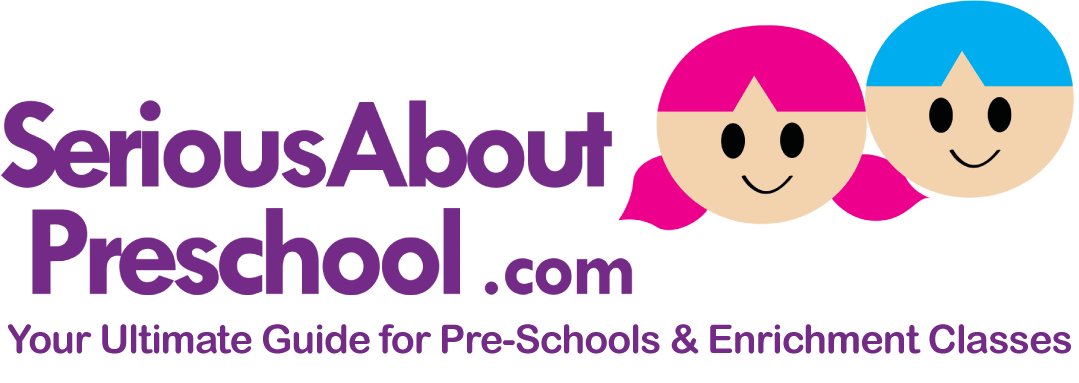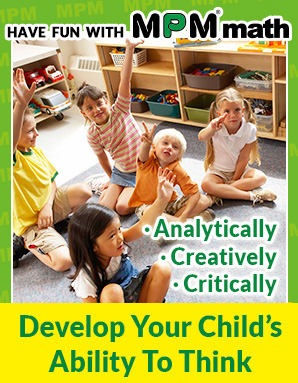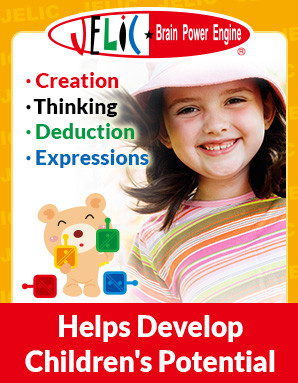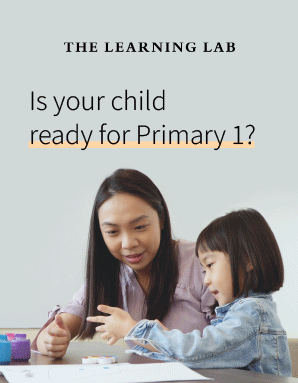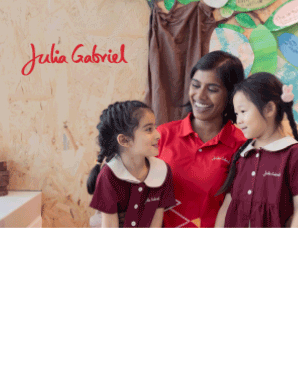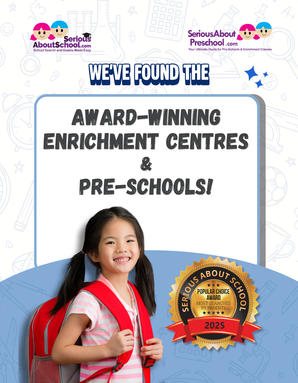Question:
How to prepare my K2 Child for P1 English?Asked By : Johnson
Words from the Expert:
Being able to read and write well is part of building a strong foundation in English
Throughout preschool, your child will need to build up reading and writing skills (literacy skills) that are pivotal to his or her ability to communicate with others. Literacy skills are not only needed for English, they are also important in building the confidence and ability to understand Math questions.
On Reading Skills
Reading can be broken down into two parts:
1. Being able to sound out and decode words
2. Being able to read for understanding
There are various techniques to go about helping children to sound out and decode words.
a. Introduce Phonics to Your Child
This is of the most important steps in getting your child to read fluently. At Kindergarten 2, your child should be able to recognise word families and common sounds that can help him or her to break down and pronounce words. In addition, going through a list of sight words (commonly seen words) can help your child master reading more quickly.
b. Read with Your Child
Try to nurture your child’s love for books from a young age. When your child loves reading, language acquisition occurs naturally and a lifelong learning habit is developed. When you read a book with your child, it can be very useful to stop at important junctures in the book to ask questions that check for understanding of the story or seek your child’s opinion of the story or characters.
On Writing Skills
When it comes developing strong writing skills, your child should be able to:
1. write at a comfortable speed
2. form simple sentences independently
Here are some ways you can support your young one.
a. Practise Writing with Your Child
Good penmanship comes with practice. In addition, being able to transfer words from a fixed text into writing is a skill that you can work on with your child.
This exercise not only develops your child’s writing skills but also helps your child to be more aware of writing conventions such as paragraphing, capitalisation and punctuation.
b. Instil Confidence in Your Child
When helping your child craft basic sentences, confidence is key. It is important to allow your child to express himself or herself confidently and independently. This involves being open to invented spelling and minor grammatical mistakes in your child's sentences.
Once your child has developed confidence in crafting sentences, you can then work on correcting spelling and basic grammar rules with him or her.
TLL Website: https://www.thelearninglab.com.sg/
The Expert:
Sue Lynn Lee
Academic Director for Early Years Programme





